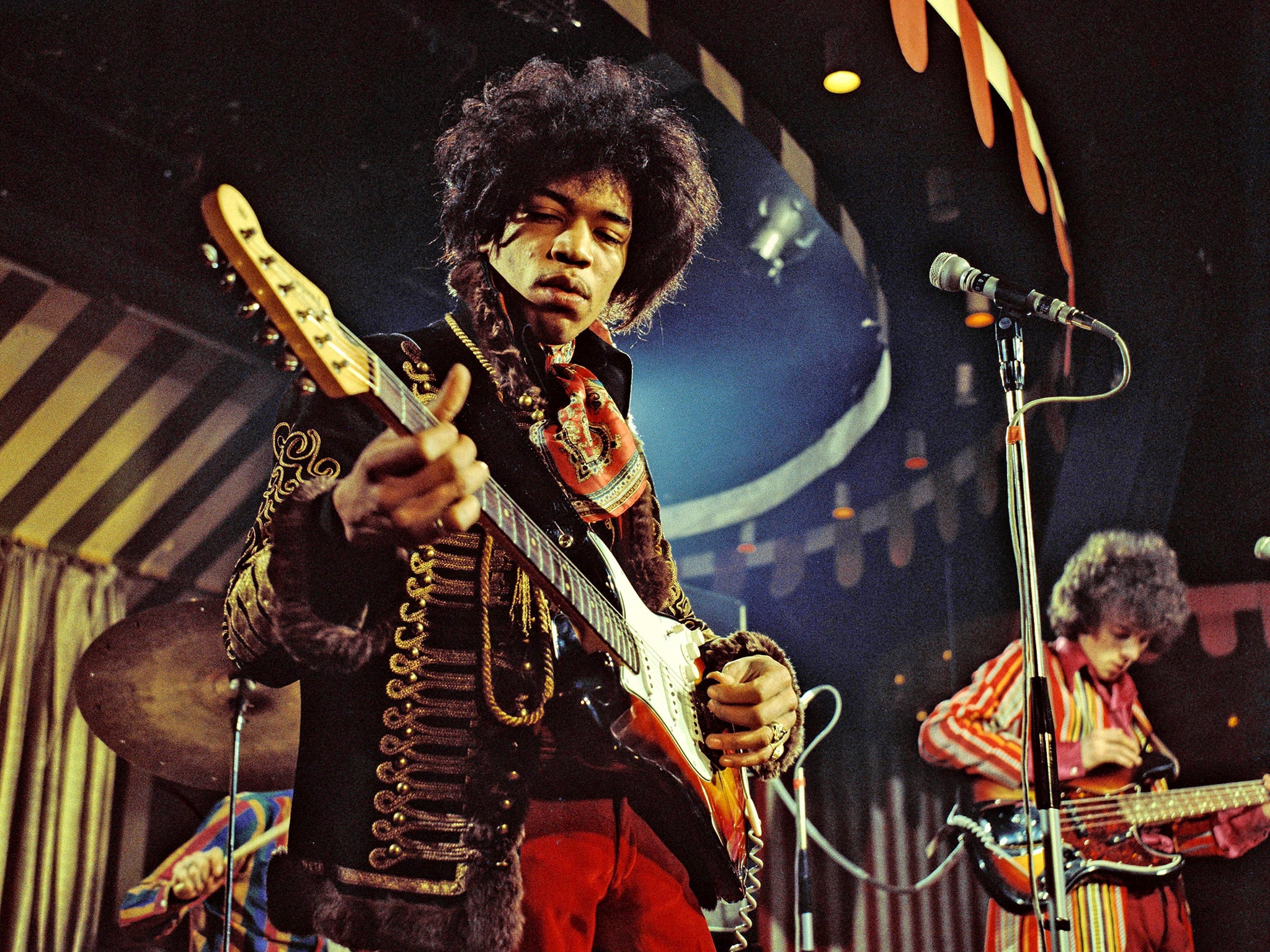Last night’s TV: ‘Soundbreaking’ delves into the history of electronic music
Ubiquitous for so long, the electric guitar was put to best use by Jimi Hendrix, who could play one behind his head better than anyone could with it in front of them

There was one character missing from Sky Arts’ otherwise comprehensive coverage of the impact of electric instruments on music – Judas. That, as you may recall, was the famous cry from the back of the Manchester Free Trade Hall a half century ago, when Bob Dylan, Mr Tambourine Man himself, plugged his guitar into the mains for the first time. Ever since, there has been a never-ending and ever-tedious argument about whether electric guitars, fuzz boxes and synthesisers even count as music. Soundbreaking went over the arguments conscientiously, but that one stand-out shout-out moment was curiously omitted.
Anyway it was a delight to see and hear Donna Summer again and what she described, not immodestly, as her “pure voice”. Her legendary hit “I Feel Love”, produced by Giorgio Moreder, was entirely synth, and, well, who cares if it is? Of all the tracks played out in this story it is that one that makes an irresistible case for the synthesiser as a legitimate instrument. Or to give a few more examples, most of Stevie Wonder’s classic work in the 1970s were electrically powered; think “Superstition” to appreciate the quality a few volts can inject into a piece.
Of course in the 1980s there was an awful lot of electro-dross churned out by an industry that had maybe lost its way a little, but then again there were some pretty rubbish lute groups back in Elizabethan times. Musical instruments are a product of technology, and cannot play themselves. I suppose that’s obvious, but worth remembering.
The electric guitar, you may not know, has been around since 1939, was pioneered by Charlie Christian in the Benny Goodman band, and made the blues sound an awful lot better. Ubiquitous for so long, it was put to best use by Jimi Hendrix, who could play one behind his head better than anyone could with it in front of them. At some point the electric guitar became more of an offensive weapon than an instrument, and I think that can be pin-pointed to 1976, when The Who were officially declared the world’s loudest band and the “arms race” between groups for the biggest, most powerful amps was becoming unstoppable. Watching the archive and interviews with The Who and various other monsters of rock I was inevitably reminded of the magnificent supergroup parody Spinal Tap, and the vast pomposity of those whose sole musical ambition was to have the biggest speakers in the world trained on their eardrums of their witless fans (many will now be suffering tinnitus – not so great). Roger Daltrey, God bless him, confessed that “I spent most of the 1960s not hearing anything I sang”. You see, neither did the rest of us; a mixed blessing.
The Living and the Dead, BBC1
The Living and the Dead is still sticking to its shtick, halfway through its run of six. When I first viewed it I thought it a cross between The Wicker Man and The Exorcist, but I’ve now decided that it’s more a late Victorian version of The X-Files, because you’re never quite sure what is supernatural and what is just probably a bit of trapped wind.
The yokel quota is substantial, the creepy vicar still lurks, and the ghostly voices compelling blood sacrifice are a constant. What’s more, this week’s episode was somewhat better lit than the first, so you could actually see more of what you’re supposed to be frightened about. Colin Morgan as the implausible London psychiatrist turned Somerset farmer makes the best of the silliness. I’m sure I glimpsed Mulder and Scully enjoying some scrumpy. It is at times like this that I miss Harry Hill’s TV Burp (please bring it back). “No good will come of it” we were warned at the start of The Living and the Dead; but it seems to be just right for contemporary British tastes, and doing the BBC some good.
Join our commenting forum
Join thought-provoking conversations, follow other Independent readers and see their replies
Comments